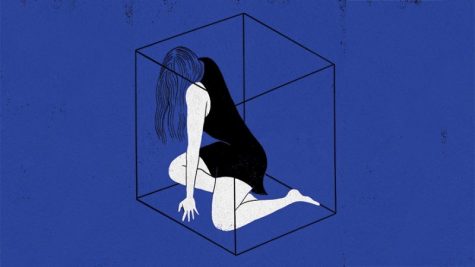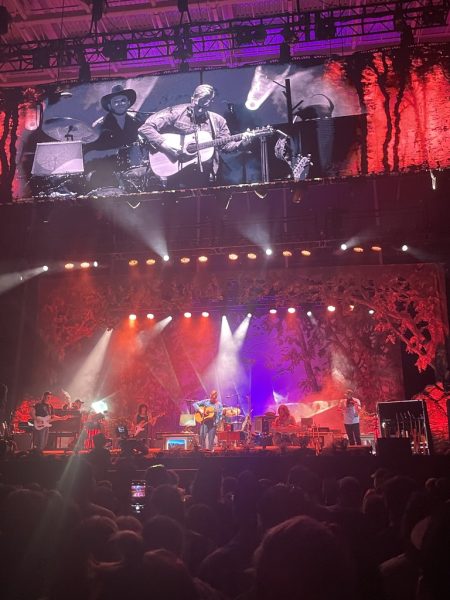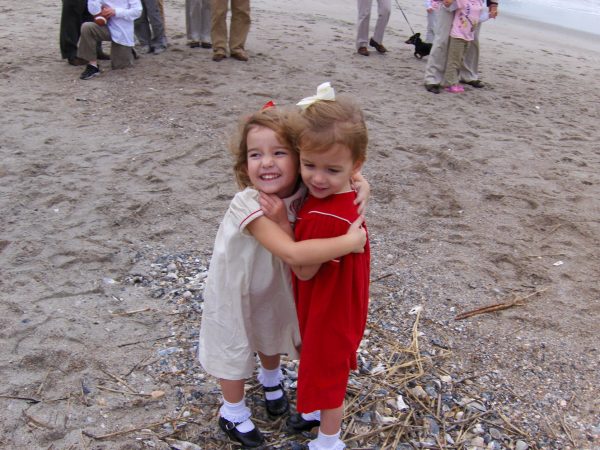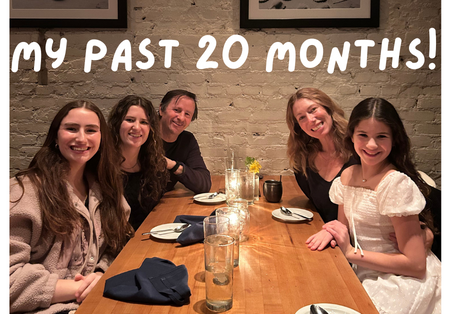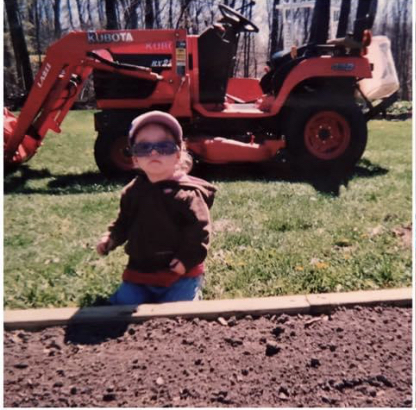Indian Child Welfare Act: How it Protects and Why it is Threatened
The ICWA and how you can take action.
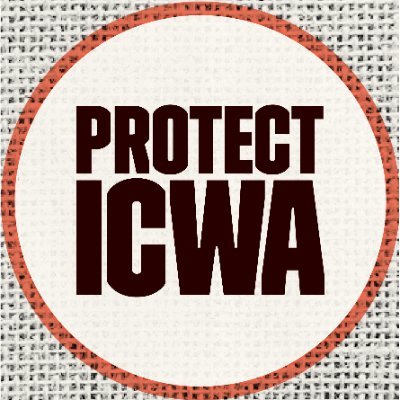
The ICWA is currently at risk of being overturned by the Supreme Court, which could be a huge blow to tribal sovereignty and Native children’s rights. Learn more about the ICWA, its importance, and how you can help.
What is the ICWA?
The ICWA, or Indian Child Welfare Act, was passed in 1978, and regulates the removal of Native children from their homes. It aims “…to protect the best interest of [Native] Children and to promote the stability and security of [Native] tribes and families” (25 U.S. C. 1902). It provides guidelines to avoid child abuse and neglect, specifically in the case of Native children. This was instilled because of the disproportionate displacement of Native children in comparison to non-Native children. Native children were consistently removed from their households, often with no evidence of abuse or neglect, and placed in non-Native households, depriving them of their culture and family. The law describes the role of the State and Tribal governments in child welfare cases that involve members of federally recognized tribes. This law is fundamental in protecting Native Americans’ culture and rights.
Why is it being threatened?
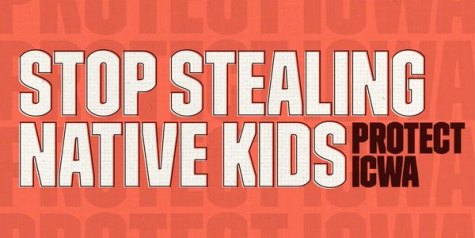 IWCA is being challenged by Texanian family of the Brackeens, along with states of Indiana, Louisiana, and Texas, and five other plaintiffs. The case started in June of 2016, when a 10-month-old Navajo and Cherokee boy was temporarily put in the care of the Brackeen family. While in the foster care of this family, the Navajo tribe found a family on another reservation to adopt the boy. Despite being told of the importance of reunification for Native children with their families and tribe, the Brackeens wanted to adopt him. He was eventually adopted in 2019, but the Brackeens continued to challenge the premise of the case. Meanwhile, the case is still being debated in the Supreme Court. There are myriads of supporters of the ICWA, including many child welfare organizations. The Native American Rights Fund filed a debrief that was endorsed by 497 tribes. 23 states and the District of Columbia have signed briefs in the case. The American Academy of Pediatrics, American Medical Association, and American Psychological Association also filed briefs, stating that the law helps resolve physical and psychological trauma.
IWCA is being challenged by Texanian family of the Brackeens, along with states of Indiana, Louisiana, and Texas, and five other plaintiffs. The case started in June of 2016, when a 10-month-old Navajo and Cherokee boy was temporarily put in the care of the Brackeen family. While in the foster care of this family, the Navajo tribe found a family on another reservation to adopt the boy. Despite being told of the importance of reunification for Native children with their families and tribe, the Brackeens wanted to adopt him. He was eventually adopted in 2019, but the Brackeens continued to challenge the premise of the case. Meanwhile, the case is still being debated in the Supreme Court. There are myriads of supporters of the ICWA, including many child welfare organizations. The Native American Rights Fund filed a debrief that was endorsed by 497 tribes. 23 states and the District of Columbia have signed briefs in the case. The American Academy of Pediatrics, American Medical Association, and American Psychological Association also filed briefs, stating that the law helps resolve physical and psychological trauma.
Why does the ICWA need to be protected?
As mentioned before, the ICWA is essential to preserving Native culture by placing children with other Native families. It also gives the tribal governments jurisdiction regarding the placement of children who are members of a tribe. Houle, a 28-year-old who spent much of his adolescence in foster care, was subject of the ICWA, and elaborates on “What ICWA meant when I was a [kid,] was that I was in a Native home,” Houle says. “My foster parents knew something about my community and about my home.” Additionally, because of the already limited power of tribal governments in comparison to federal governments in the US, this type of control is important. Last term, the conservative Supreme Court ruled against tribal sovereignty in a case about the prosecution of non-Native Americans who commit crimes on tribal land. Defendants additionally point out that the case has to put in historical context, as the law was adopted to address the government’s practice of destroying “tribal sovereignty” through “a systemic and brutal campaign to remove Indian children from their families.”Without the law, tribal sovereignty could be at risk, and the treatment of Native children could be in danger. Because of this, the stakes of the case could expand beyond just children, but also could rewire the manner that federal and Native courts interact with each other.
What ICWA meant when I was a [kid,] was that I was in a Native home
— Manilan Houle
How can you help?
Petitions/Action Items: A valuable way to help is through direct action, whether that be through signing a petition or writing a letter to
https://www.change.org/p/protect-the-indian-child-welfare-act
https://action.lakotalaw.org/action/protect-icwa
https://www.thepetitionsite.com/155/970/189/stop-stealing-native-kids.-protect-icwa./
Learning More: Another vital step in raising awareness about this topic is learning even more about the ICWA and how it is being threatened. Any of these links provide information about the topic and some ways you can help.
https://time.com/6229181/supreme-court-indian-child-welfare-act-future/
https://upendmovement.org/icwa/
https://www.firstnations.org/news/protecting-the-indian-child-welfare-act-icwa/
Overall, the ICWA is essential to Native American sovereignty and rights and is crucial for it to be protected.
Sources:
https://www.bia.gov/bia/ois/dhs/icwa
https://www.childwelfare.gov/topics/systemwide/diverse-populations/americanindian/icwa/
https://time.com/6229181/supreme-court-indian-child-welfare-act-future/







